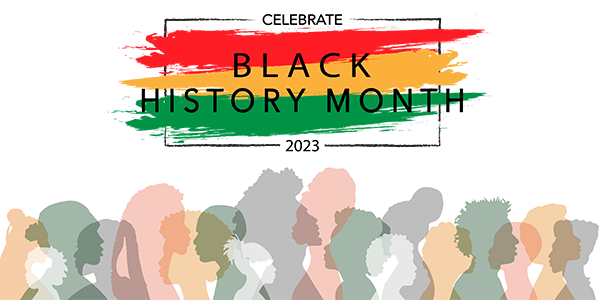
Black History Month as we know it now began in 1915 when historian Carter G. Woodson and Jesse E. Moorland founded the Association for the Study of Negro Life and History (ASNLH). This organization was dedicated to promoting and researching the many achievements by Black Americans that had been largely left out of history books. Eleven years after it was founded, the organization known today as the Association for the Study of African American Life and History (ASALH), proposed that the second week of February be declared Negro History Week. This week was selected because it coincided with the birthdates of Fredrick Douglass and Abraham Lincoln and the goal of the week was to further the sharing of information about Black life, history and culture.
It wasn’t until 50 years later during the United States’ 1976 Bicentennial that President Gerald Ford declared that Black History Month should be a nationally recognized celebration to be held every February. President Ford said that the public should “seize the opportunity to honor the too-often neglected accomplishments of Black Americans in every area of endeavor throughout our history.”
Since this initial declaration, every American president has designated February as Black History Month and chosen a specific theme for the month. This year’s theme is “Black Resistance.”
Though we have seen progress in America in the 97 years after the first Negro History Week and 47 years after the national recognition of Black History Month, systemic racism and racial injustice are still very much present in American society. The killings of George Floyd, Breonna Taylor, Ahmaud Arbery, Atatiana Jefferson in 2020 and the recent killing of Tyre Nichols in Memphis, TN by police sparked protests across America and the world calling for the elimination of systemic racism and racial injustice. Though it may seem insurmountable to solve the issue of racism in America, we can all take steps to work towards dismantling systemic racism through education and listening. Together we can make America a more just and equitable country for all.
Learn more about Black History Month here.
Check out the Diversity, Equity and Inclusion section below for events being held this month to celebrate.